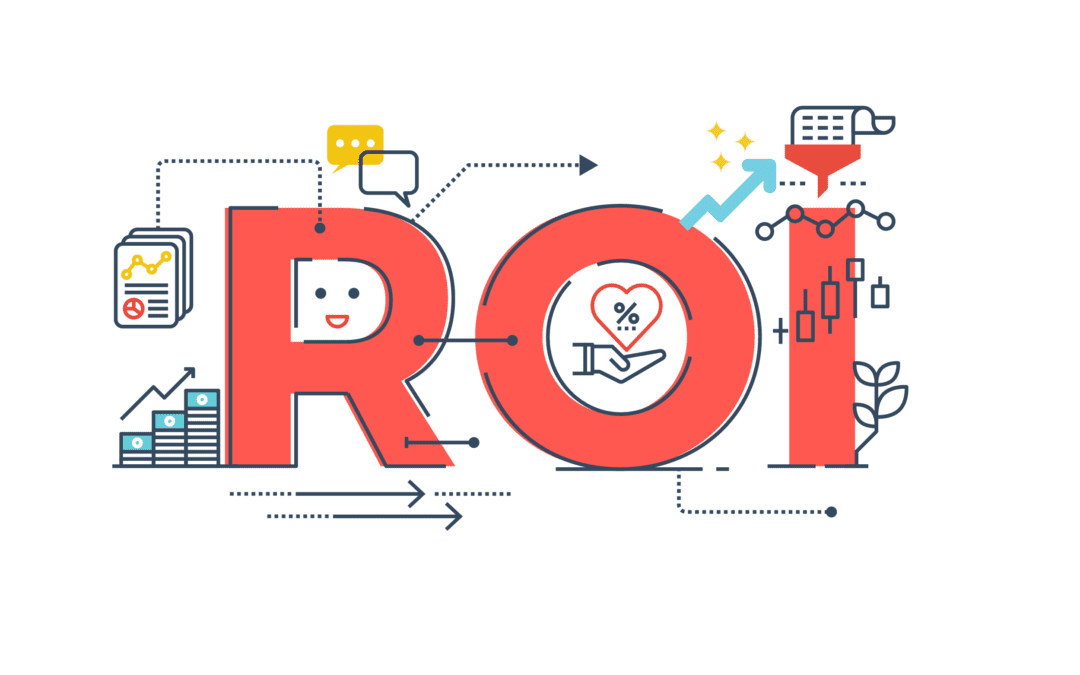A strategic full-service marketing is a unicorn?
I had no idea. And I had no idea how you can market sans marketing strategy. A few years ago, we attended the Sprout Social Summit in Chicago, as marketing agency partners. During a session about the various types of agencies, I was surprised to hear that agencies are either strategic or full-service. Being both is very unusual, I am told. It is not unusual to us. It’s second nature. When building teams for our JumpStartNOW clients, we focus specifically on strategic marketers and then, yes, talents who excel at implementation and management of said strategy. We don’t know how to market any other way. And we hold strong to the fact that this is positive.
We are a strength-based team, which for us means strategic. That also means that we have to educate our clients. When onboarding a new client, we ask them to bear with us as we get to know them and develop a strategic plan. It starts as a beautiful journey as we digest knowledge of our clients’ businesses, goals, and objectives. We learn how they are different from their competitors and how we should be speaking to their ideal clients. We learn their position in their industry and how they want to be perceived. We build a marketing SWOT analysis that lays a first foundation. We develop their strategy.
Developing this strategic plan teaches our clients about themselves. We often hear that many of the questions we ask spur internal strategic discussions at the executive level. We ask to think about the answers to these questions, even if initially there aren’t any obvious ones. Often we witness our clients’ businesses evolving as we work together with them on a forward-thinking strategy and path to accomplishing their goals and objectives. The social media and digital marketing initiatives and campaigns reflect this.
A marketing strategy gets to the bottom of our clients’ brand, depiction, reputation, and voice. More often than not do we see our clients’ brands evolve and develop. We truly don’t stop until they fall in love with their own brand. It is a journey that any strategic marketer enjoys tremendously. Our marketing strategy evolves as we find out more about our clients’ buyer personas. Their brand voice focuses and consequently engages with their clients and customers. Our creatives support this voice. And when all puzzle pieces fit together, the picture is clear.
Working this strategy-driven way gives us the creative liberty to outline the path needed to meet our clients’ objectives. We prioritize the various marketing puzzle pieces. We outline initiatives and put highly focused marketing campaigns to work. The path is not always linear; the strategy informs the path. We measure and clearly see what is working and what is not. Social media platforms, social selling, and content marketing are the vehicles to get us there and not the other way around.
When we implement marketing campaigns, we always consult our strategy. We ask ourselves the questions if we are still in line with the objectives and goals. We ask ourselves if the content we provide is desired by the buyer persona/s. We ask ourselves how we can improve the KPIs that measure our success. And we do this over and over again. The strategic marketing plan becomes the center of our marketing and is revisited often and in full on a regular basis. Many of our clients enjoy this process. We learn every day.
Why is it important to have a marketing strategy? Simply posting on social media and pushing out content is not a strategy. We only know how to measure success if we know what success means for our clients. We only know what path to take if we know where we want to go. We only know how we can connect with our clients’ customers if we know their buyer persona. For us as a highly strategic team, acting without a strategy is like driving without a destination. How will we know when we get there?
Want to work with us? Connect with our CEO





